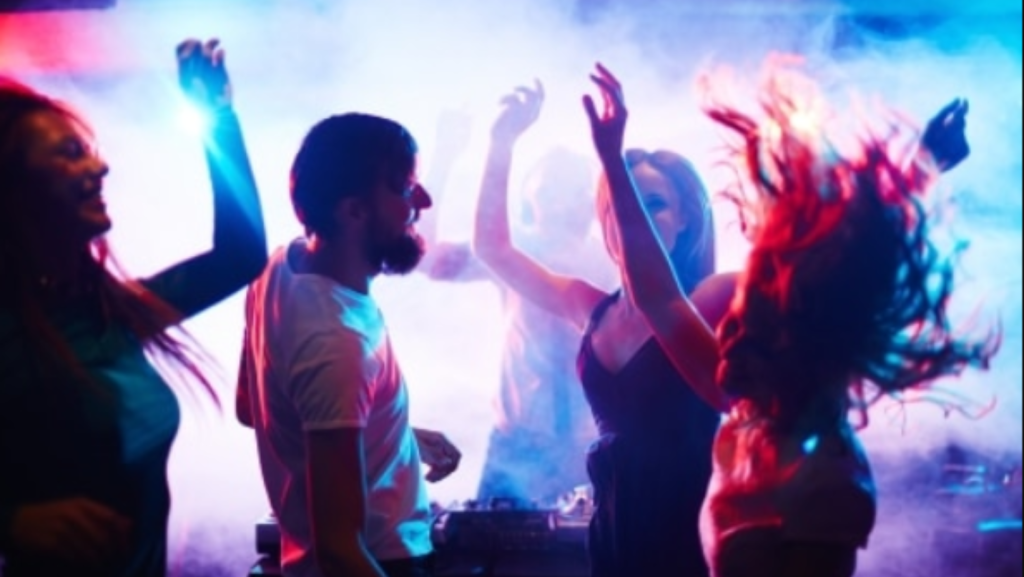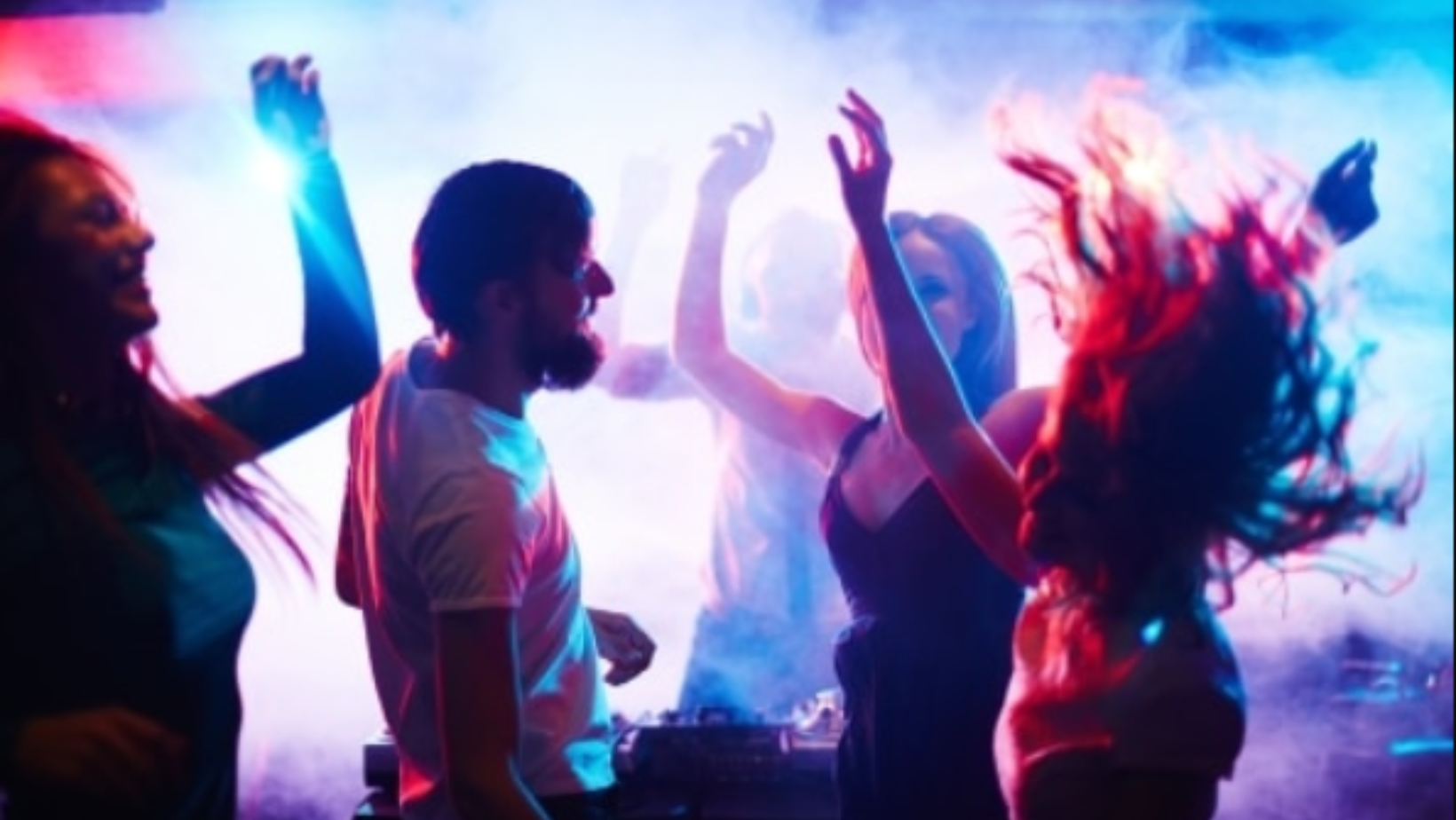

If you’ve ever left a nightclub with ringing in your ears, you’re not alone. A recent study by the Royal National Institute for Deaf People (RNID) reveals that music-induced hearing damage is becoming an increasingly common issue among young adults. With the rise of loud music festivals, clubs, and live events, Gen Z faces a growing risk of temporary and permanent hearing problems.
The RNID survey, which gathered responses from 2,000 people aged 18 to 28, found that four out of five nightclub attendees experience temporary tinnitus—a high-pitched ringing or buzzing in the ears—after a night out. Even more concerning, 58% of participants reported experiencing hearing loss, tinnitus, or both following concerts, festivals, or club events.
Despite this high awareness, 35% of respondents admitted they have no plans to use ear protection, even though 75% know that prolonged exposure to loud music can cause permanent damage. These findings highlight a gap between knowledge and action when it comes to protecting hearing in nightlife environments.
What Is Tinnitus and How Does It Affect Hearing?
Tinnitus is the perception of ringing, buzzing, or hissing sounds in the ears when no external sound is present. While temporary tinnitus is common after loud events, repeated exposure without protection can lead to permanent hearing loss.
According to Franki Oliver, Audiology Manager at RNID, safe exposure time drops drastically at high volumes:
- At 85 decibels, roughly the volume of a blender, hearing damage can begin after extended exposure.
- At 100 decibels, which is typical in nightclubs and music festivals, safe exposure time is just 15 minutes.
Yet, many partygoers spend hours on the dancefloor, significantly increasing the risk of long-term auditory damage.
Why Gen Z Is Especially at Risk
The RNID study shows that Gen Z is particularly exposed to high-decibel environments, thanks to the popularity of festivals, live music events, and clubs. Social media culture also encourages documenting events and staying out longer, which can increase cumulative exposure.
Many young people underestimate the long-term consequences of temporary tinnitus, thinking the ringing will always go away. Experts warn that repeated episodes can cause permanent hearing damage, affecting not only music enjoyment but also daily life, including communication and concentration.
How to Protect Your Hearing Without Missing the Fun
The good news is that preventive measures are simple and effective. Partygoers can enjoy nightlife while minimizing risk by:
- Wearing high-fidelity earplugs – specially designed to reduce volume without distorting music.
- Taking regular breaks – step outside for a few minutes to give your ears a rest.
- Monitoring exposure time – limit how long you stay in high-volume areas.
- Educating friends – raising awareness among peers can create a safer nightlife culture.
Hearing protection does not have to ruin the party. Many earplugs are comfortable, discreet, and preserve sound quality, making them a practical choice for anyone who loves live music.
The Takeaway
With 80% of nightclub attendees experiencing tinnitus and 58% reporting hearing loss symptoms, the RNID study underscores the urgent need for awareness about music-induced hearing damage. While knowledge about the risks is growing, action lags behind. Simple protective steps like earplugs, breaks, and monitoring exposure can make the difference between temporary discomfort and permanent hearing loss.
As nightlife culture continues to thrive, Gen Z and all music lovers must prioritize hearing protection to ensure that the sounds they enjoy today do not come at the cost of their hearing tomorrow.

